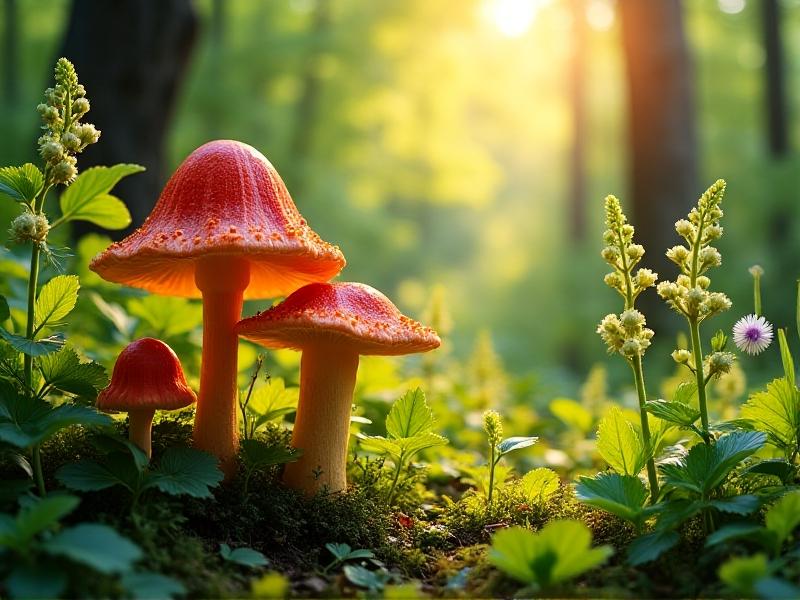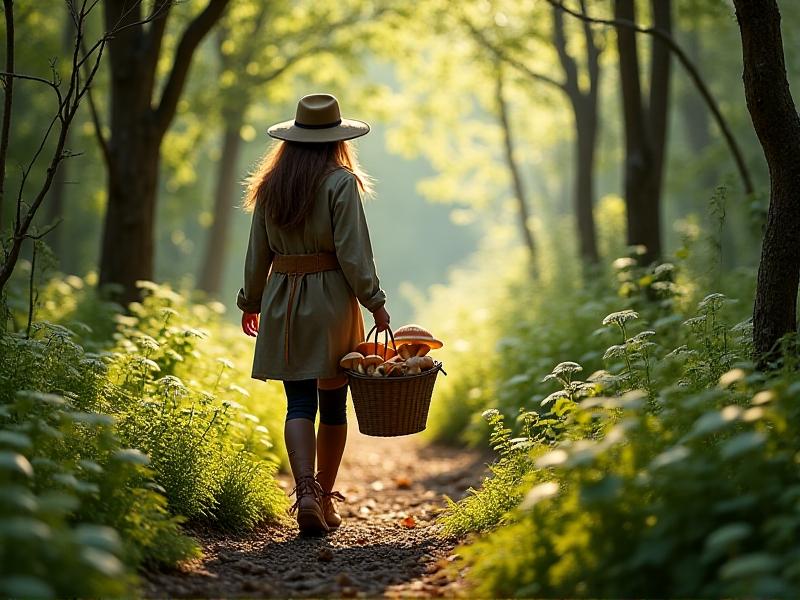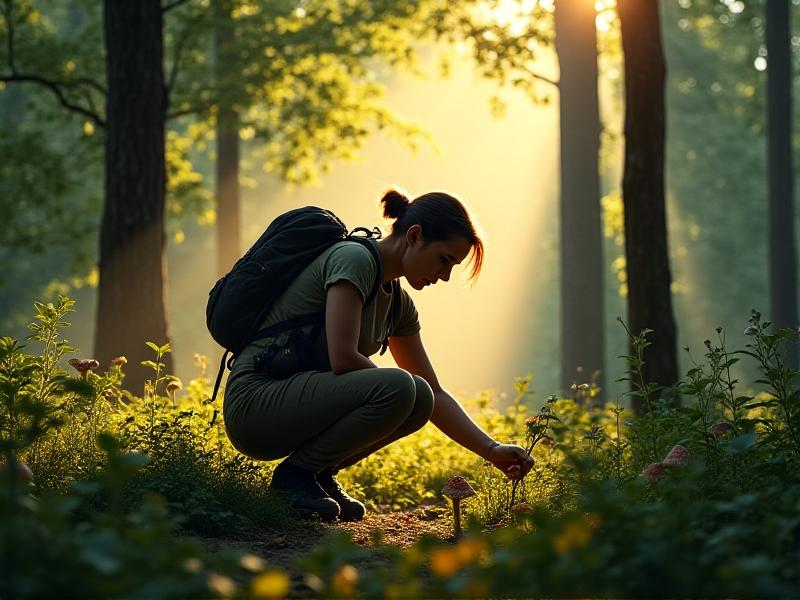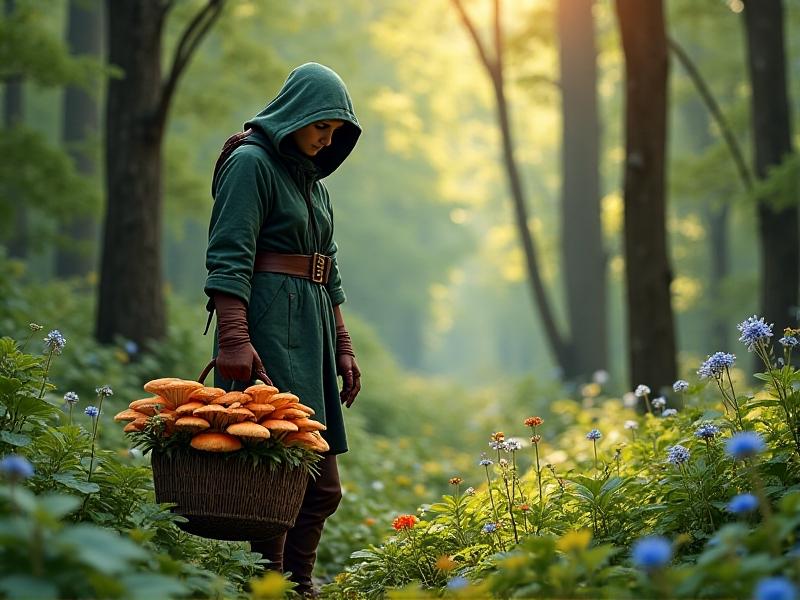Foraging Workshops: Educating Residents on Neighborhood Edible Resources
The Rise of Foraging Workshops in Urban Communities
In recent years, foraging workshops have gained popularity as urban residents seek to reconnect with nature and discover the edible treasures hidden in their neighborhoods. These workshops, often led by experienced foragers and botanists, aim to educate participants on identifying, harvesting, and utilizing wild plants, fruits, and fungi safely and sustainably. From parks to abandoned lots, urban landscapes are teeming with edible resources that often go unnoticed. Foraging workshops not only provide practical skills but also foster a deeper appreciation for the natural world and its abundance.
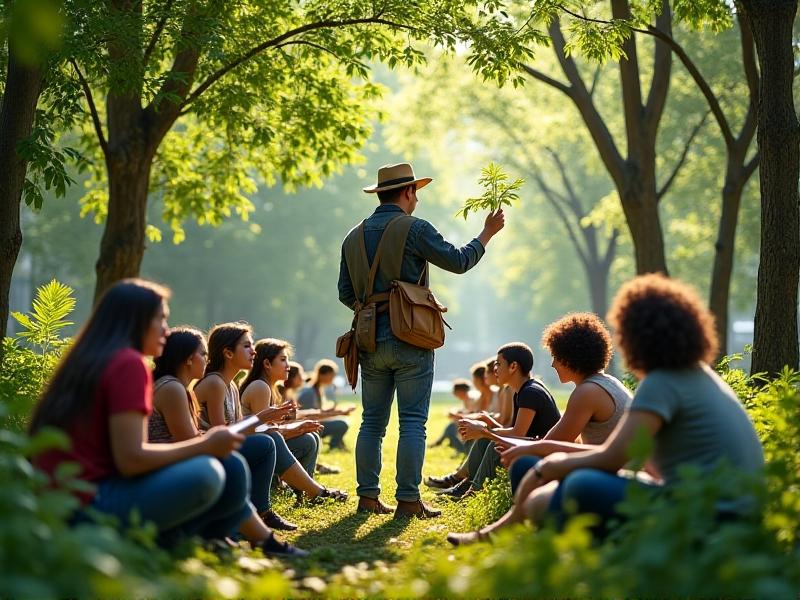
Why Foraging Matters in Modern Cities
Foraging is more than just a hobby; it’s a way to promote sustainability, reduce food waste, and build community resilience. In cities where access to fresh, affordable produce can be limited, foraging offers an alternative source of nutrition. Additionally, foraging encourages people to engage with their environment, fostering a sense of stewardship and responsibility for local ecosystems. By learning to identify and harvest wild edibles, residents can reduce their reliance on industrial agriculture and embrace a more self-sufficient lifestyle. Foraging also highlights the importance of biodiversity, as many wild plants are nutrient-rich and often overlooked in conventional diets.
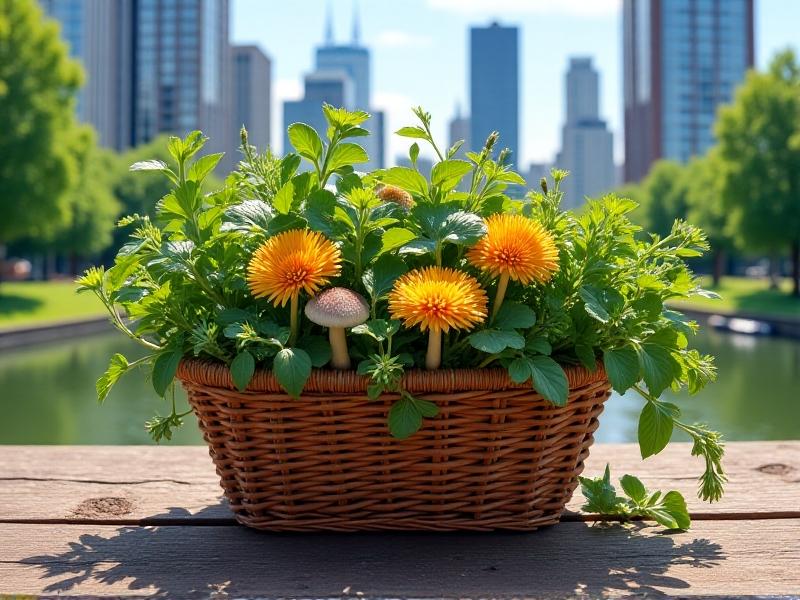
What to Expect at a Foraging Workshop
Foraging workshops are designed to be hands-on and educational, catering to participants of all skill levels. Typically, the session begins with a brief introduction to foraging ethics, safety guidelines, and local regulations. Participants are then guided through a nearby green space, where they learn to identify edible plants, fungi, and fruits. Instructors share tips on distinguishing between safe and toxic species, proper harvesting techniques, and ways to incorporate wild edibles into meals. Many workshops also include a cooking demonstration or tasting session, allowing participants to savor the flavors of their foraged finds. These workshops often foster a sense of camaraderie, as participants bond over their shared curiosity and discoveries.
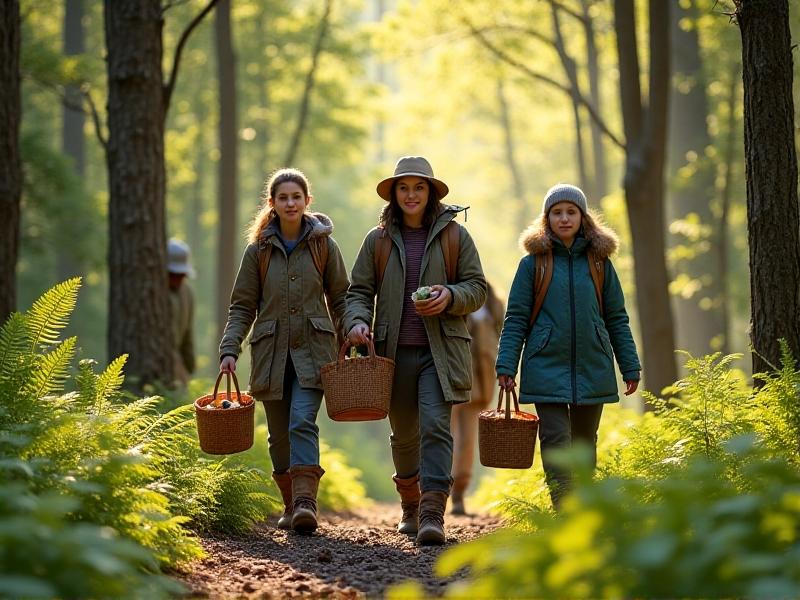
The Ethical and Environmental Impact of Foraging
While foraging offers numerous benefits, it’s essential to approach it with care and respect for the environment. Overharvesting can deplete local plant populations and disrupt ecosystems, so responsible foraging practices are crucial. Workshops emphasize the importance of taking only what is needed, leaving enough for wildlife and future growth. Participants are also taught to avoid foraging in polluted areas, as plants can absorb toxins from the soil or air. By adhering to ethical guidelines, foragers can ensure that their activities contribute to the health and sustainability of their local environment. Additionally, foraging can raise awareness about the value of preserving green spaces and protecting biodiversity in urban areas.
Incorporating Wild Edibles into Everyday Meals
One of the most exciting aspects of foraging is discovering how to incorporate wild edibles into daily cooking. From salads and soups to teas and desserts, wild plants and fungi can add unique flavors and nutritional benefits to meals. Workshops often include recipes and tips for preparing foraged ingredients, inspiring participants to experiment in their kitchens. For example, dandelion greens can be sautéed as a side dish, elderflowers can be used to make syrups or cordials, and wild mushrooms can elevate a simple pasta dish. By integrating wild edibles into their diets, participants can enjoy a more diverse and sustainable culinary experience.
Building Community Through Foraging
Foraging workshops are more than just educational events; they are opportunities to build community and strengthen social connections. Participants often come from diverse backgrounds, united by their interest in nature and sustainability. The shared experience of exploring the outdoors, learning new skills, and enjoying the fruits of their labor fosters a sense of belonging and mutual support. Many workshops also encourage participants to share their knowledge and experiences, creating a network of like-minded individuals who can continue to learn and grow together. In this way, foraging workshops not only educate but also inspire collective action and community resilience.
How to Get Started with Foraging in Your Neighborhood
For those interested in foraging, getting started is easier than it might seem. Begin by researching local foraging workshops or groups in your area, as these provide a safe and guided introduction to the practice. Invest in a reliable field guide or app to help with plant identification, and familiarize yourself with local regulations and safety guidelines. Start small, focusing on a few easily recognizable species, and gradually expand your knowledge as you gain confidence. Remember to forage responsibly, respecting the environment and the needs of other living beings. With time and practice, foraging can become a rewarding and enriching part of your life, connecting you to the natural world and your community in meaningful ways.
